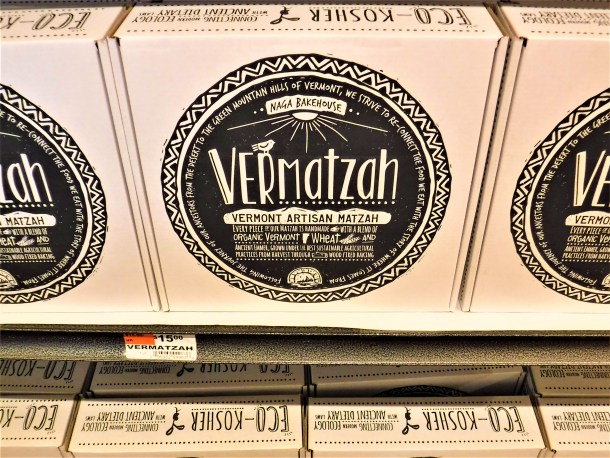
VTDigger is posting regular updates on the coronavirus in Vermont on this page. You can also subscribe here for regular email updates on the coronavirus. If you have any questions, thoughts or updates on how Vermont is responding to COVID-19, contact us at coronavirus@vtdigger.org
Madeleine Kunin has observed the Jewish holiday of Passover through a plethora of unusual circumstances, from fleeing Nazi Europe as a child during World War II to winning election as Vermont’s first female governor in 1984 to earning appointment as deputy U.S. education secretary in 1993 and ambassador to her native Switzerland in 1996.
Yet this year, Kunin’s celebration of the story of how the Jews saw a deadly plague miraculously “pass over” them some three millennia ago will be her most unique yet.
“We never thought this would happen in our time,” says the 86-year-old sheltering in place at her Shelburne home amid a worldwide coronavirus pandemic.
Kunin and fellow Vermont Jews will still mark their faith’s most widely observed holiday Wednesday at sundown by recalling the emancipation of the Israelites from slavery in ancient Egypt. But as they hear the age-old story of the Exodus, many will see a cellphone or computer beaming the faces of family and friends similarly holed up.
“It’s more like science fiction than reality,” the former governor says of current days that center on phone conversations with her daughter and three sons, morning and afternoon walks and reading (“but so far not as much as I thought I would”).

Vermont has more than 20 rabbi- and lay-led Jewish groups in nearly a dozen locations, including Bennington, Brattleboro, Burlington, Manchester, Middlebury, Montpelier, Rutland, St. Johnsbury, Stowe, the Upper Valley and Woodstock, according to Susan Leff, executive director of Jewish Communities of Vermont.
“Part of the reason for me starting the organization was people kept telling me there’s no Jewish life in Vermont,” says Leff, a retired University of Vermont Hillel director who founded the statewide conduit in 2013.
What began with a simple website to link people has become a lifeline for those feeling disconnected during the current crisis. Although the American Jewish Year Book says Vermont followers account for only about 1% of the state’s nearly 625,000 people — a rate half the national ratio — Leff says her mailing list of 7,000 families suggests the true number of faithful could be as high as 25,000.
All three of the state’s most nationally recognized residents — U.S. Sen. Bernie Sanders and ice cream icons Ben Cohen and Jerry Greenfield — have Jewish roots. The same can be said for Kunin and fellow former governor Peter Shumlin, Burlington Mayor Miro Weinberger and Lt. Gov. David Zuckerman.
“There are Jewish people in every little town in the state,” says Leff, who once lived in Waterville, a community of 697 where she learned her neighbors included five other Jewish families.
Long before the pandemic gobbled up mainstream pantry staples, Vermont Jews have faced the challenge of where to buy Passover foods such as unleavened matzah bread for a ceremonial Seder feast.
“Every supermarket in Burlington has what you need for the meal,” Leff says, “but there’s a good chance it’s a problem for people in rural Vermont.”
Another hurdle this year is how to gather friends and relatives at a time of physical distancing. The good news: Seemingly every synagogue is hosting an online Seder. And the bad: Interacting requires the internet — something many seniors and low-income or rural residents don’t have.

“I’m very concerned about the whole set of the people being left out,” Leff says. “Unless your family is with you, you’re not going to be getting together with them.”
Leff is planning an online Seder for herself and two adult children in Burlington, a third in Baltimore, Maryland, and a fourth in South Africa, which is 6 hours ahead and will require the Americans to meet during the lunch hour rather than the customary dinnertime.
“There’s at least an hour of ceremony before you begin eating the ritual foods, then there’s more ceremony and everyone sings songs,” Leff says. “A short Seder is 2½ to 3 hours.”
But that’s too long to be sitting in front of a screen.
“You can’t do everything you would do, so people are exploring what’s essential,” Leff says. “It won’t be the same, but we are resilient. Passover has been celebrated in cellars and secret rooms during the Inquisition, in ghettos and in concentration camps during the Holocaust, in forests and deserts and in times of famine. This year of the pandemic will become part of our story.”
